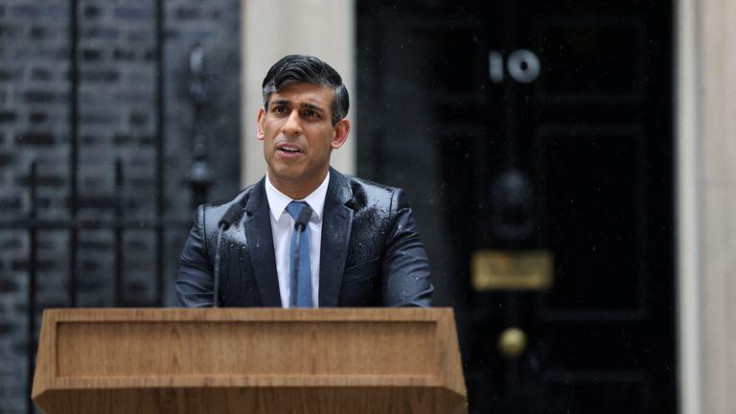Does The British General Election Spell The End For Britcoin?
Britcoin, it seems, is set to lose a champion in Westminster.

British Prime Minister Rishi Sunak recently announced that the UK will hold a General Election on July 4.
While commentators from all political spectrum have wondered what the election's likely result will mean for British economic, defence, and foreign policy, few have considered its significance for 'Britcoin'.
Britcoin, as the Bank of England's digital pound is commonly known, is one of many Central Bank Digital Currencies (CBDCs) that governments worldwide have put forward.
CBDCs were virtually unknown before 2019, but in response to the growing popularity of cryptocurrencies and Facebook's short-lived Libra/Diem project, central banks began to explore the idea of issuing digital currencies pegged to their country's fiat currency.
As of June 2023, 130 countries – representing 98% of the global economy – had announced that they were exploring the launch of a CBDC, while China's digital Yuan continues to go from strength to strength.
CBDCs promise many advantages, from reducing the costs of financial transactions to facilitating greater integration with new technologies.
CBCD Growth
But CBDCs have the most significant potential in a developing world, where they promise "a cheap and secure payment system for those who do not have access to traditional banking infrastructure," cryptocurrency expert and entrepreneur Rotem Farkash said.
That is not to say that CBDCs are entirely without risk. Privacy activists have raised concerns that, by voluntarily moving all transaction data to a single, government-controlled ledger, individuals risk handing over sensitive personal information to a digital Leviathan.
On the other hand, if designed in such a way as to attract mass adoption, analysts fear that people moving money out of traditional financial institutions would undermine the vital role private banks play in the economy.
Given the uncertainties associated with CBDCs, it is perhaps no surprise that many British politicians have expressed their doubts about the launch of Britcoin, warning of 'significant risks' to the British financial system.
In response to criticisms, the Bank of England has proposed introducing Britcoin with several caveats, such as limiting personal deposits to £10,000 to £20,000 pounds and removing interest payments on the digital currency.
But David Bholat, writing in the Financial Times, warned that the Bank's caution risked Britcoin's launch going off 'like a damp squid', calling for the authorities to develop a 'more compelling customer proposition for a CBDC'.
In his two years in office, Rishi Sunak sought to align himself with technology and innovation. At the inaugural AI Safety summit at Bletchley Park last year – an idea spearheaded by the Prime Minister himself - Sunak debated the future of AI alongside businessman and OpenAI co-founder Elon Musk.
But the project most closely associated with Rushi Sunak was his proposal for the Bank of England to launch a digital currency – the 'Britcoin' – in a previous life as Chancellor of the Exchequer (Finance Minister) as part of his strategy to make Britain a 'global hub' for cryptocurrencies and assets.
Which leads us back to the initial question: does the announcement of a General Election spell the end for Britcoin?
In its defence, the Bank of England has repeatedly committed to Britcoin, affirming its ambition to launch the CBDC in the second half of the decade. The opposition Labour Party, equally, has not criticised the idea of a digital pound.
But as it stands, the polls aren't in the Prime Minister's favour, and his likely successor, Sir Kier Starmer, has shown a different enthusiasm for digital currencies and AI.
Britcoin it seems is set to lose a champion in Westminster.
© Copyright IBTimes 2025. All rights reserved.





















